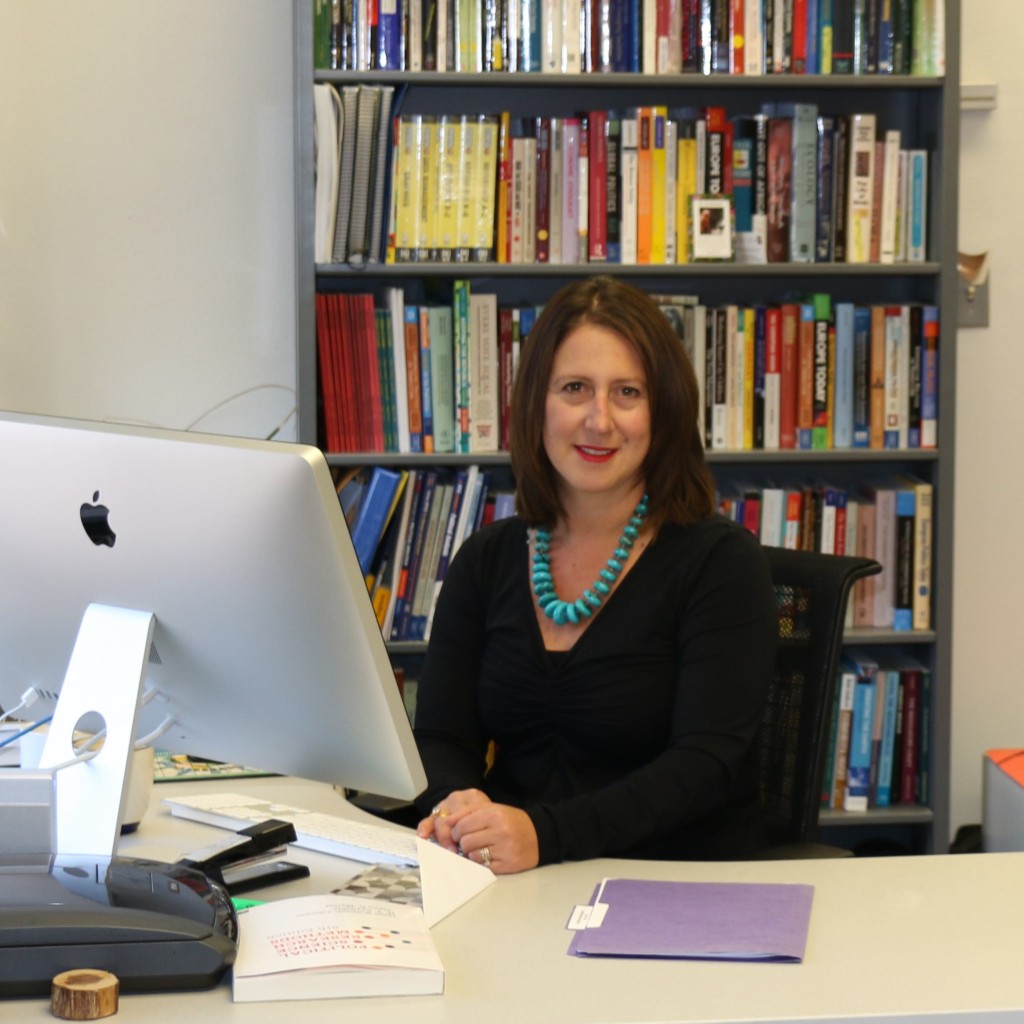After last week’s deadly San Bernadino shooting, some news reports called the involvement of alleged shooter Tashfeen Malik, a Pakistani-born woman, a rare event.
However, female terrorists in the United States are relatively common, said Lori Poloni-Staudinger, associate professor and chair of NAU’s Department of Politics and International Affairs.
“While it is difficult to know the proportion of women terrorists in the U.S., it is believed that the largest percentage are in right-wing extremist groups and make up about one third of those groups,” said Poloni-Staudinger, who conducts research on the topic.
More common in North America are female extremists who may be part of the Ku Klux Klan and pro-life individuals who use violence to express their politics. The FBI also identifies left-wing groups including the Animal Liberation and the Environmental Liberation Fronts as terrorist organizations, whose ranks include many women, Poloni-Staudinger added.
She acknowledges that a female terrorist in the United States who self identifies with an Islamic Jihadist group appears to be rare, although she thinks there are other women with a similar affinity who have not engaged in terrorist acts.
After last week’s killing of 14 people at a holiday party in San Bernadino, Malik and her husband, Syed Farook, were killed during a shootout with police. Authorities searched their home and found an arsenal of ammunition and evidence of affiliation with the Islamic State.
Poloni-Staudinger closely observed the media’s portrayal of the events, another subject she focuses on in her research.
“The way in which Malik was portrayed is that she was a wife who was caught up in this cycle of violence inflicted by her husband,” Poloni-Staudinger said. The idea that she was coerced or may have been radicalized by her husband is part of the media narrative in a society that thinks of women as peaceful caregivers, a story that may not be accurate, she added.
Malik emigrated in 2014 and married Farook, who was born in Illinois. It is unknown how long the two may have been radicalized or who may have influenced whom.
While it may clash with our stereotypical view of women and mothers, said Poloni-Staudinger, evidence shows that female terrorists are somewhat common.



